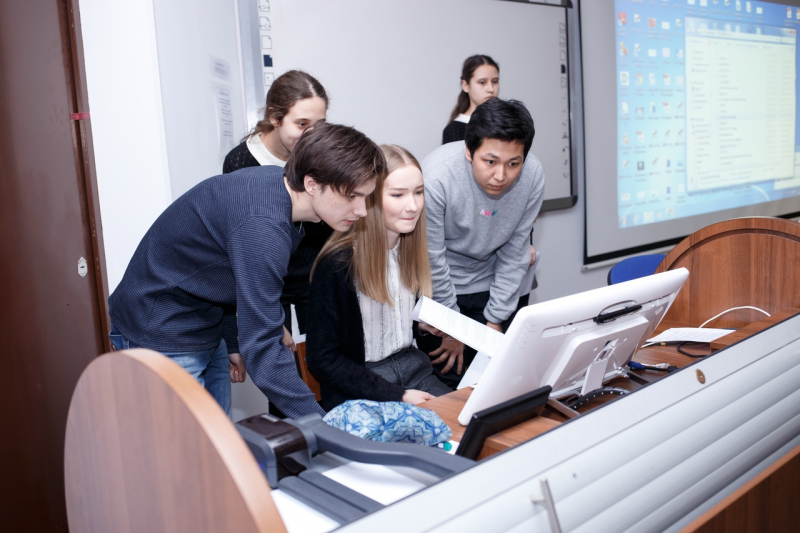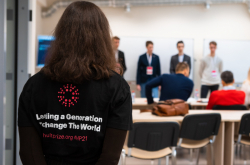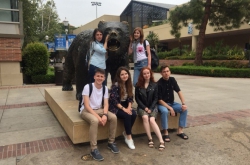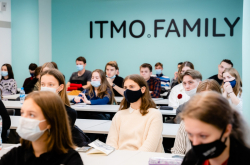Hult Prize is an international case championship in which students from the world’s top universities compete for a prize of $1 million to be used in the implementation of their idea and participation in an acceleration program. The event’s main organizer is the UN; the participating projects are socially responsible and sustainable business projects aimed at solving specific problems: poverty, social inequality, pollution, and so on.
The first selection round, On Campus, is conducted at various universities. The second, Regionals, brings together the semi-finalists from various countries in one of the European capitals. The finalists get an opportunity to take a five-day acceleration program and deliver a presentation to world leaders and top entrepeneurs: the contest is supported by former US President Bill Clinton and Nobel Peace Prize winner Muhammad Yunus.
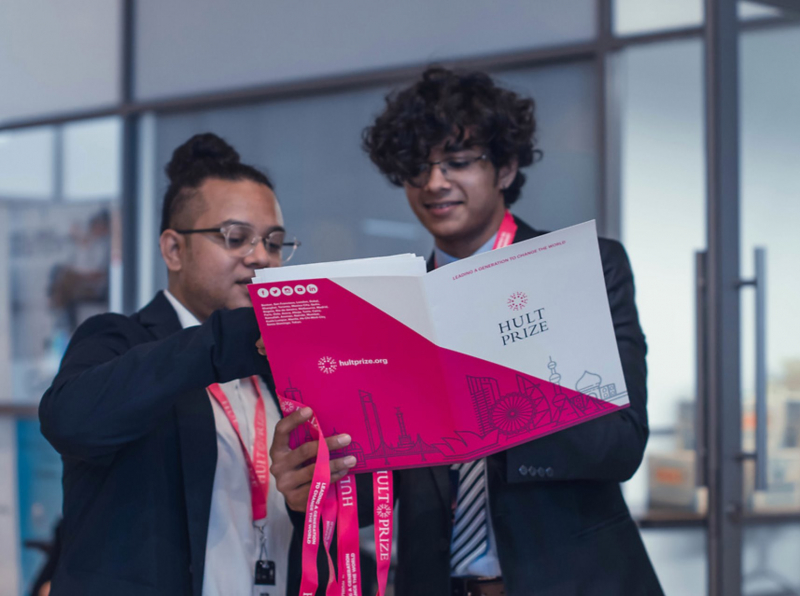
For two years in a row, Hult Prize events in St. Petersburg were conducted at the St. Petersburg branch of the Higher School of Economics. This time, ITMO University students came up with the initiative to host the first selection round. According to Vyacheslav Abdullaev, a student of ITMO’s Faculty of Technological Management and Innovations, member of ITMO Case Club, and main organizer of Hult Prize On Campus at ITMO, he came up with the project’s idea after communicating with curators from the Higher School of Economics.
“I saw their Hult Prize project and learned that there is such a movement that brings together students in order to launch projects and thus help facilitate the solution of socially significant problems. This inspired me greatly. The organizers explained to me that any student can do that at their universities. I relayed this information to the team of our ITMO Case Club, as well as several of my acquaintances with whom I’d already worked on projects and events – and this summer, we decided to do it.”
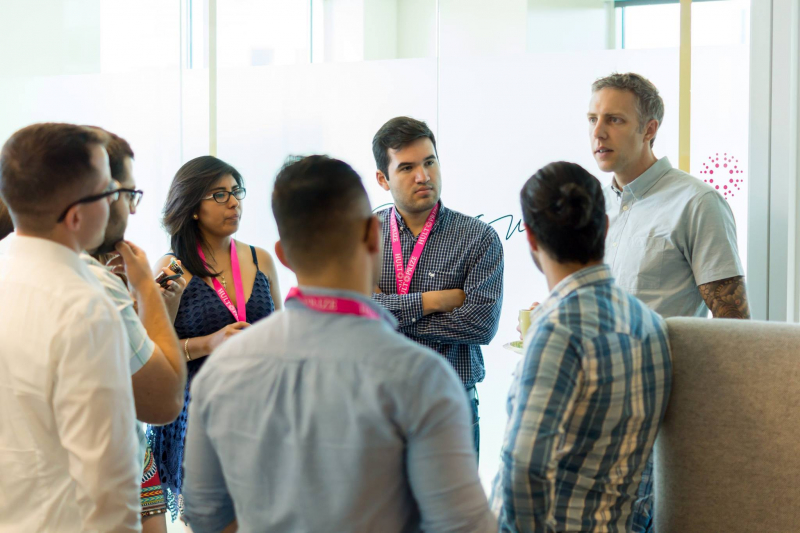
Submitting an application to the contest’s international committee was easy, but passing the interview not so much. A personal recommendation from curators from the Higher School of Economics and the team’s vast experience in organizing events helped with that. The committee sets specific requirements: it has to be students of a specific university that can organize the selection round and participate in the contest, there have to be no less than ten teams, and the jury has to have no less than three expert judges. What’s more, the event’s decorations have to be in Hult Prize’s brand colors and feature its logos.
Obviously enough, meeting these requirements calls for considerable financial investments, so the team decided to apply for a grant. The first forum that they got the chance to participate in was Territory of Senses by Rosmolodezh:
“I represented our team at the forum’s second session, titled Civil Society. Getting in there is a separate story, as the current situation with mass events is very complex. For this reason, the selection was harsh, plus we had to get lots of medical certificates. But at the university, they advised me to apply as a member of a student club and state that I am part of the delegation of the National Student Club League. This worked out, and I succeeded in passing the selection,” comments Vyacheslav.
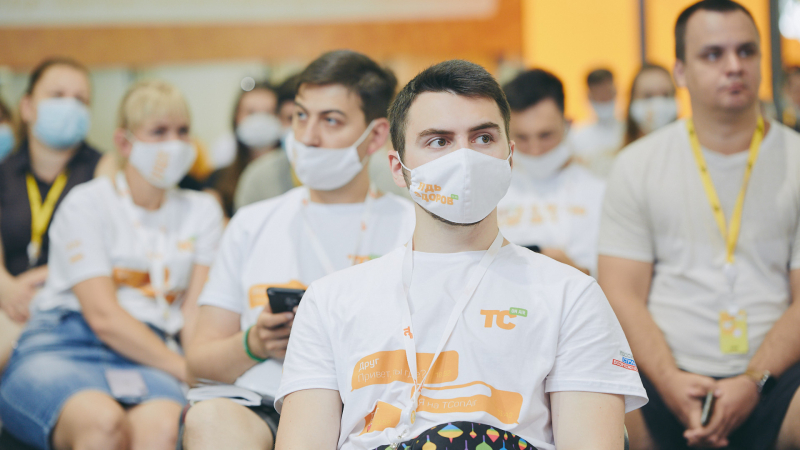
This first try turned out to be a successful one: the team succeeded in getting a grant for 168,000 rubles. According to Vyacheslav, the project attracted the jury’s attention with its unique nature: social entrepreneurship remains a new and underdeveloped phenomenon in Russia. Hard work and active interaction with experts also played their part: all of the forum’s participants got consultations on the project and its presentation at the final pitch session on a daily basis.
As of now, the team of 12 students focuses on the development of an educational program, as well as searching for experts and sponsor companies:
“We plan to conduct a series of educational and interactive events that will take place over several months and attract not just ITMO students but also students from other St. Petersburg universities. We are currently at the stage of bringing in experts: some of them will most probably from the number of our university’s soft skills lecturers, who will be responsible for the module on teambuilding and public speaking. Some of the experts might be students who already participated in case competitions and know everything about getting a project ready and preparing to present it. We also plan to attract specialists from consulting companies and organizations in the field of sustainable development,” comments Vyacheslav Abdullaev.
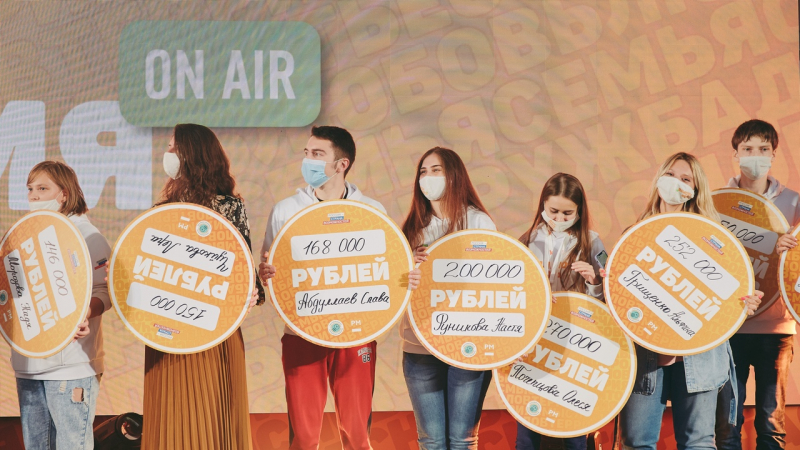
Hult Prize’s global team provides the team with support: they offer educational materials and guidebooks, as well as decide on the main topic for the year’s projects. Last year, the participants were to develop an idea for a business that would benefit the environment with every sale: as examples, given were the already existing companies that focus on biodegradable packaging, plant-based meat substitutes, recycling of plastic, and clean power generation. This year’s topic will be announced later in August.
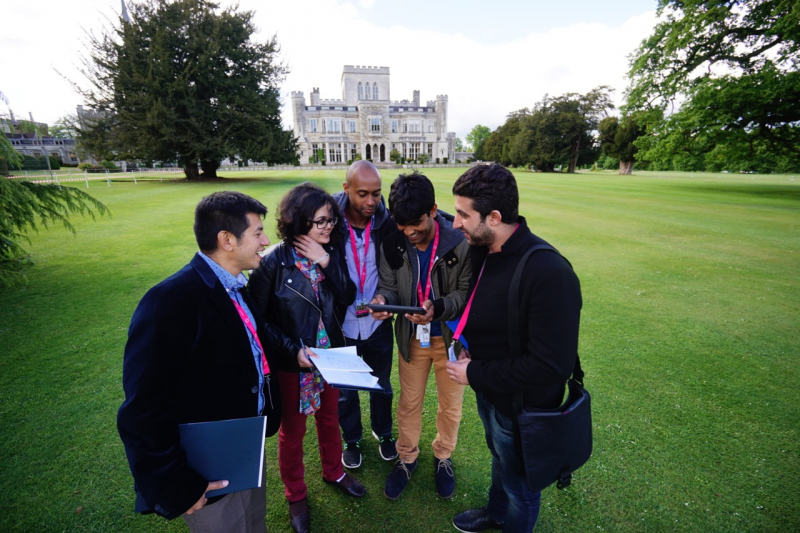
The start of the team registration period will be announced in mid-September; around the same time, an extensive program of educational events will begin and last till December. The competition’s finals and presentation of final projects will take place on December 6. ITMO Accelerator and Technopark are ready to provide their sites for this purpose.
The winner of the On Campus round will get an opportunity to go to one of the world’s capitals for the final round; the travel and accommodation expenses will be paid for by ITMO University. Other participants will be offered to continue developing their projects at ITMO’s acceleration or pre-acceleration programs.
